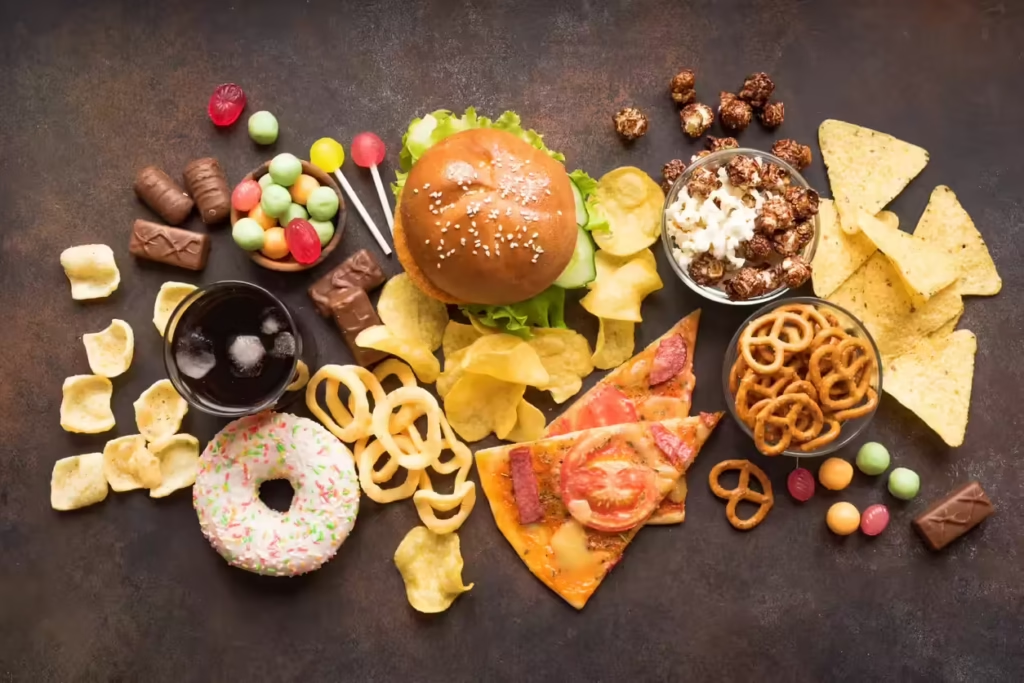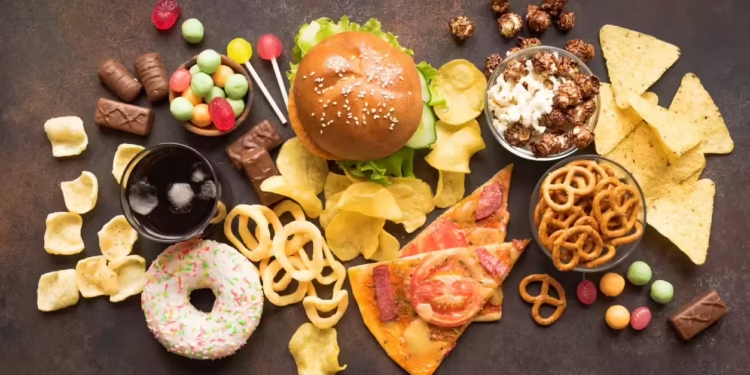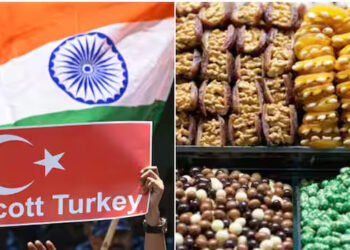-KH News Desk (cbedit@imaws.org)

India’s food processing market currently contributes 7.7% of manufacturing output and supports more than 7 million jobs across the country. Driven by rising consumption and a push for global exports, the sector’s rapid acceleration stems from organic food expansion, premium product launches, and advances in food ingredients and packaging. The integration of AI-powered automation and smart packaging is setting new benchmarks for safety, quality, and logistics, according to experts at the event.
The Organic Boom: Fastest-Growing Segment
The organic food market in India is a standout, now valued at $1.9 billion in 2024 and projected to reach $10.8 billion by 2033 at a compound annual growth rate (CAGR) of 20.13%. Analysts note consumer willingness to pay 7–20% premiums for organic and plant-based products, signaling changing dietary patterns and growing health awareness. Not only fruits and vegetables—regional staples such as Basmati rice and Indian pickles continue to shape domestic and diaspora preferences, adding to the vibrancy of India’s food culture globally.
Export Momentum and Global Supply Chain Integration
Industry leaders argue that strengthening food processing directly enhances farmer incomes, supporting nearly 68% of India’s population while adding substantial export value. Ingredients like turmeric exemplify India’s power to influence global taste and health trends, with lower pandemic mortality and improved public nutrition linked to traditional foods. The rise of testing, inspection, and certification protocols now ensures Indian food ingredients meet stringent global standards, boosting overseas market access.
Packaging and AI Automation Set New Standards
Technology is at the heart of the sector’s transformation. Smart packaging solutions ensure both safety and shelf life, while AI-driven automation streamlines everything from ingredient sourcing to logistics. Participation at ProPak India highlighted India’s critical mass: over 350 exhibitors, 15,000 professionals, and delegates from 50+ countries converged to witness innovation-first approaches and scalable solutions tailored for both home and export markets.
Regulatory Push: FSSAI and Consumer Protection
Stringent FSSAI regulations—including labeling reforms, organic standards, and safety benchmarks—are shaping industry practices in 2025. Marked by production-linked incentives and a regulatory framework focused on transparency and consumer education, the government’s drive supports rapid growth and global competitiveness. Ayurvedic, herbal, and nutraceutical product segments add further diversity to the fast-evolving market.
Strategic Importance in a Global Landscape
Leaders from the Chamber for Advancement of Small and Medium Businesses emphasized that the food processing and ingredient industry holds immense strategic weight in current geopolitical contexts. India’s sector, valued at $8–9 billion in food ingredients, has shifted from international dominance in 2006 to strong domestic and global positions, including footprints in Dubai and the UK. The rise of events like Fi India signals industry transformation, resilience, and future-forward growth.
Outlook: India Poised As a Global Food Hub
India stands on the brink of becoming a world hub for food and packaging, harnessing technology, organic expansion, and export integration for sectoral leadership. With mounting health consciousness, surging organic sales, supportive regulations, and advanced packaging solutions, the food processing industry is expected to shape consumer offerings and drive manufacturing for years to come.







